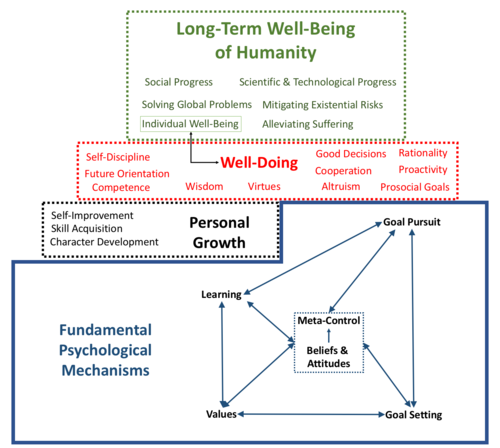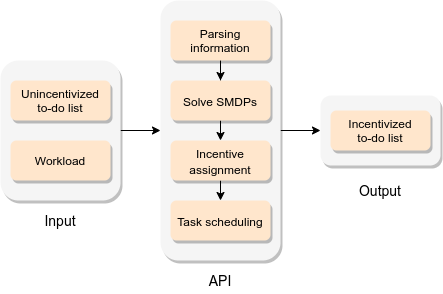Well-doing, broadly construed, encompasses acting and thinking in ways that contribute to humanity’s flourishing in the long run. This often takes the form of setting a prosocial goal and pursuing it over an extended period of time. To set and pursue goals in a way that is extremely beneficial for humanity (effective well-doing), people often have to employ critical thinking and far-sighted, rational decision-making in the service of the greater good. To promote effective well-doing, we need to better understand its determinants and psychological mechanisms, as well as the barriers to effective well-doing and how they can be overcome. In this article, we introduce a taxonomy of different forms of well-doing and introduce a conceptual model of the cognitive mechanisms of effective well-doing. We view effective well-doing as the upper end of a moral continuum whose lower half comprises behaviors that are harmful to humanity (ill-doing), and we argue that the capacity for effective well-doing has to be developed through personal growth (e.g., learning how to pursue goals effectively). Research on these phenomena has so far been scattered across numerous disconnected literatures from multiple disciplines. To bring these communities together, we call for the establishment of a transdisciplinary research field focussed on understanding and promoting effective well-doing and personal growth as well as understanding and reducing ill-doing. We define this research field in terms of its goals and questions. We review what is already known about these questions in different disciplines and argue that laying the scientific foundation for promoting effective well-doing is one of the most valuable contributions that the behavioral sciences can make in the 21st century.



